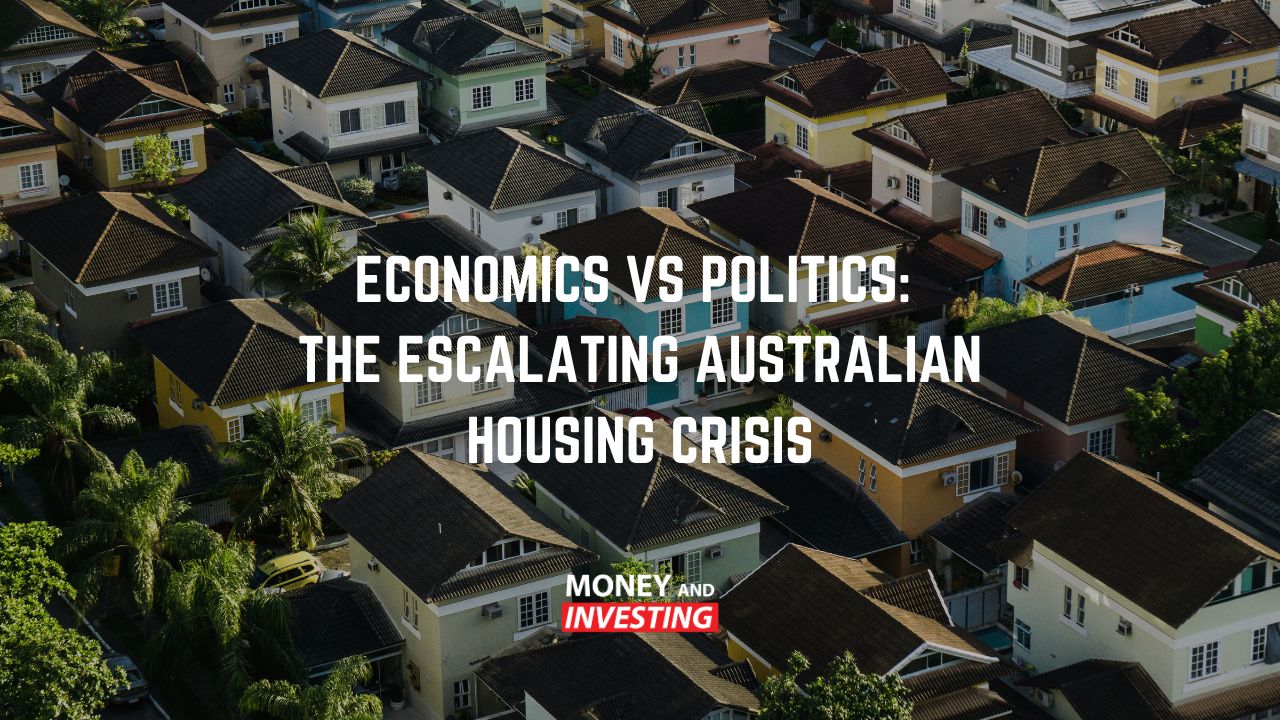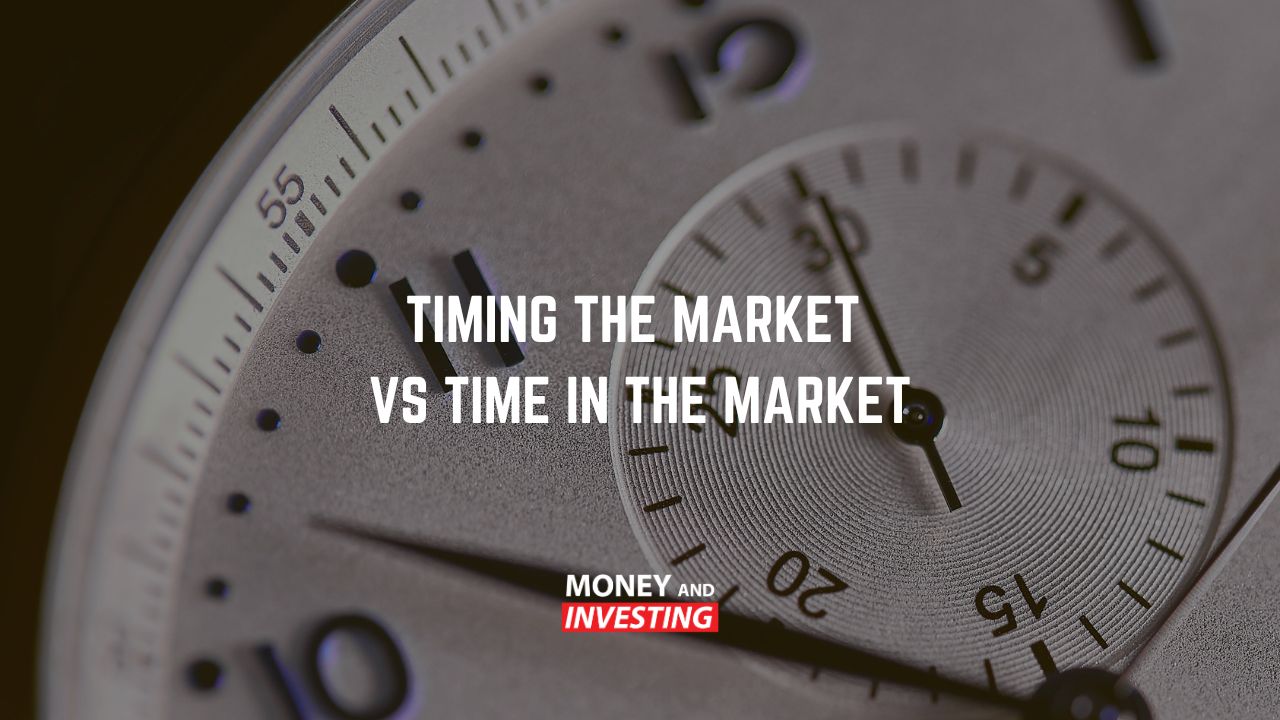As one of the fastest growing trends in markets – environmental, socially. And corporate governance aware investing (ESG) is something special guest, James Harwood, specialises in. Managing over $3B of client funds in this space. Here is his take on why ESG is so important for stock markets:
What is ESG Investing?
Put simply, ESG investing is buying responsible assets for the right reasons on an environmental. And social and corporate governance level. For this topic, host Andrew Baxter has called in long-time friend and fund manager from Russel Investments, James Harwood. James manages over $7B of client funds to which $3B of that is invested in ESG funds and has a huge reputation in the financial services industry with a strong track record.
In Australia, the materials and mining stocks make up around 20% of our market. Thus, finding ESG stocks that are likely to perform well is a harder task than what most would first think. As a relatively new sector of the stock market.The ESG investing continues to grow in demand. As more and more investors become environmentally and socially aware. And leaving this one of the best performing sectors in markets over the last 5 years.
Corporate Governance is at the Forefront
How a company is stewarded has always been a large component of any long-term investors decision making process. However, the structure of rules, practices and most importantly culture of a listed company is now at the forefront of investors’ minds. As an example of poor corporate governance (or culture). This could be something like Crown Casino and their money laundering debacle or AMP. And their remuneration structure despite lack luster performance.
Even something like boardroom diversity across gender. And race can be metrics for poor corporate governance, or the other way around. Ultimately, corporate culture is something special guest James Harwood sees as a growing trend in markets as it continues to become a larger part of how investors make decisions on their money.
Environmentally Friendly Stocks and ‘Greenwashers’
Investing in environmentally friendly businesses has no doubt been of rising popularity as the climate change argument continues to dominate government policy. A good ESG fund will naturally avoid stocks in thermal coal production, oil and gas, and anything that has a high carbon footprint. An example, as James Harwood brings attention to, is BHP. BHP have recently sold off their ‘non ESG’ assets in the oil and gas space to Woodside Petroleum as a means to become more environmentally conscious. Also, the meaning they are edging closer to becoming something that would qualify as an ESG investment.
However, as James mentions – beware the ‘greenwashers’. Greenwashers are funds that claim to have an ESG mandate and credentials, albeit actually don’t. This is something that regulators are aiming to crack down on. However, with some clever marketing material and a few other tricks up their sleeve. And a lot of funds are getting away with claiming they’re environmentally friendly despite not actually being that friendly at all.
An example was one ETF that James identified in 2015 (we’ll spare you the name) which claimed to be x-tobacco stocks and x-controversial weapons stocks on the ASX. However, the ASX doesn’t list any tobacco stocks nor controversial weapons stocks whatsoever. As an expensive ETF which merely tracked in the index. This was a prime example of greenwashing in the ESG space.
What instruments are ESG on the ASX?
The ASX has a lot of gambling, alcohol and fossil fuel stocks which clearly would make the cut as an ESG investment. As the three main sectors that tend to be excluded from ESG portfolios. Also, James and his team at Russel Investments created an ETF called ‘RARI’ in 2015. And as their first ESG listed fund. ‘RARI’ is something you can buy units of via the ASX and is a fund which only holds strictly ESG stocks.
This is a little more challenging than one would suspect. As a lot of listed companies have units of their business across a multitude of areas. Which can sometimes border the line of ESG or not. Typically, as James mentions, this would then result in a revenue test to see just how much of their profits are generated from non-ESG activities. If the revenue falls below the quota. And that stock can be classified as ESG and would be something. And given it was well-performing, that James’ RARI fund would hold units of.
Advice for Retail Investors Looking to go Green
Investing in ESG stocks does require you to be a little more selective in your approach. As advice to retail investors looking to get into the ESG space – the first step. As Jamesrecommends, is to work out what your values are. You have to ask yourself, what is it exactly that you want out of your investing? It is simply return on investment or is it something a little more involved than that? The second thing to understand is that ESG is only going. And to become more mainstream than what it is now.
Thus, missing the boat if you are too late with this could come sooner rather than later. Lastly – understand the metrics. To avoid ‘greenwashers’ and invest in ESG seriously. And you are going to have the skills to conduct a thorough analysis on businesses. Also, to decipher whether or not they really are meeting industry standards. To learn more, reach out to host Andrew Baxter’s team at Australian Investment Education.



